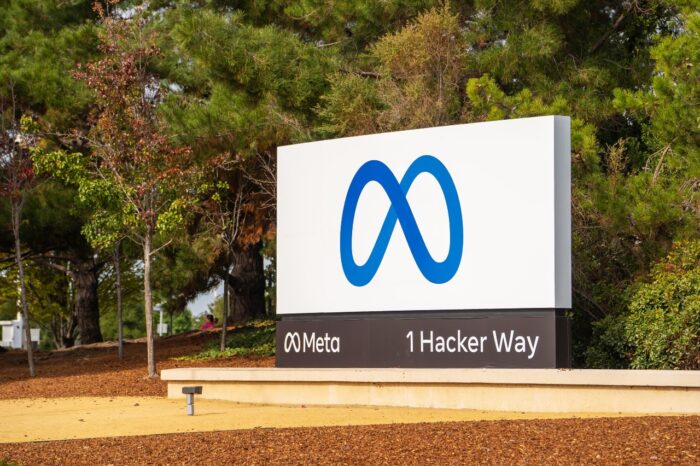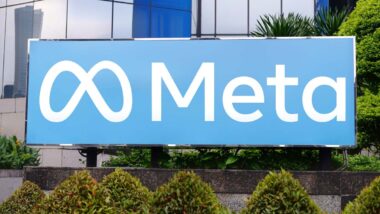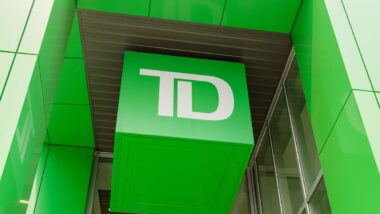
Update:
- A judge has certified a class action lawsuit alleging that small business owners were deceived by Facebook’s “potential reach” tool for advertisers despite the tech giant’s efforts to have the case dismissed
- On Mar. 29, a San Francisco federal judge ruled that the case can proceed as a class action.
- The decision expands the pool of plaintiffs to include more than 2 million small ad buyers who bought ads on Facebook or Instagram since Aug. 15, 2014.
- U.S. District Judge James Donato ruled that Facebook did not prove that the class should not be certified simply because class members differ in advertising budgets and scope of purchases.
Facebook Potential Reach Class Action Lawsuit Overview:
- Who: Facebook’s parent company Meta Platforms is asking a judge to toss out a class action brought against it by small businesses.
- Why: According to the businesses, Facebook’s ‘Potential Reach’ tool deceived them into spending more money advertising on the platform than they should have. Facebook says the case does not have a firm basis.
- Where: The class action lawsuit is pending in California federal court.
(03/09/2022)
Facebook has asked a judge to throw out a lawsuit against it that alleges small business owners were deceived by the company’s “potential reach” tool for advertisers, spending more money than they should have.
In a motion for summary judgment filed Mar. 4 in a California federal court, Facebook’s parent company Meta Platforms said the plaintiffs had not adequately alleged that they spent more money than they planned to.
According to the original complaint against Facebook, businesses and individuals advertising on Facebook say they were told their ad had a “potential reach” of a certain number of potential customers. However, the plaintiffs allege that number was grossly inflated by Facebook.
Facebook has hit back, however, saying the advertiser plaintiffs cannot remember or point to specific reach estimate figures they supposedly relied on when deciding how much to spend on advertisements, Meta says.
“Plaintiffs do not (and cannot) dispute that their ad campaign data shows that the size of the Potential Reach estimates for their ads had no connection to the ad budgets they set,” Meta wrote in its summary judgment motion. “If anything, plaintiffs tended to set higher daily budgets when their Purported Reach estimates were lower. This is the exact opposite of plaintiffs’ theory that purported ‘inflation’ made them spend more.”
Facebook Class Action Claims ‘Possible Reach’ Numbers Inaccurate
The lawsuit was originally filed in 2018 by an aromatherapy fashion business owner in Kansas who argued that the demographic data points shared by the company in relation to advertising rates were misleading.
She said the social media giant provides details of “possible reach” to prospective advertisers but these numbers are not accurate given the number of people who live in that particular location.
Singer said publicly available research and her own analysis led her to the conclusion that Facebook is inflating their possible reach and advertising prices as a result of this.
The lawsuit said that as a result of this misleading information, the plaintiff and others purchased more advertisements from Facebook and had to pay a higher fee than was warranted based on the number of people in particular age categories living in the geographic locations specified in the case.
The lawsuit gave an example in that the number of 18- to 34-year-olds who could be purportedly “reached” in Chicago via a Facebook ad is higher than the actual number of 18- to 34-year-olds currently living in Chicago.
Singer and her business were voluntarily dismissed from the suit in March 2020, and advertiser plaintiff DZ Reserve, which sells fitness products, later joined the suit, alleged in court documents that it spent more than $1 million on Facebook ads after relying on the company’s allegedly bogus potential ad reach estimates.
A hearing on Meta’s summary judgment motion is set for June 23.
The plaintiffs are represented by Cohen Milstein Sellers & Toll PLLC and Charles Reichmann of the Law Offices of Charles Reichmann.
The Facebook Potential Reach Class Action Lawsuit is DZ Reserve et al. v. Meta Pla!orms Inc., Case No. 3:18-cv-04978, in the U.S. District Court for the Northern District of California.
Don’t Miss Out!
Check out our list of Class Action Lawsuits and Class Action Settlements you may qualify to join!
Read About More Class Action Lawsuits & Class Action Settlements:
- Facebook, Now ‘Meta,’ Accused of Exploiting Children in Lawsuit Lodged by Ohio AG
- Meta Concealed Its Harmful Inner-Workings of Facebook, Falsely Touted Commitment To Good, Says Class Action
- Investors File Class Action Lawsuit Against Meta After Research Shows Instagram Harms Mental Health of Teenagers
- Facebook Cries Foul On FTC’s Bid To Nix Dismissal Of Antitrust Lawsuit















4 thoughts onFacebook Tries to Toss Class Action Lawsuit Alleging ‘Potential Reach’ Tool Deceived Small Businesses
Add Me!
Please add me. I also paid for ads that were bogus in the “customer reach” parameters
Add me
Add me